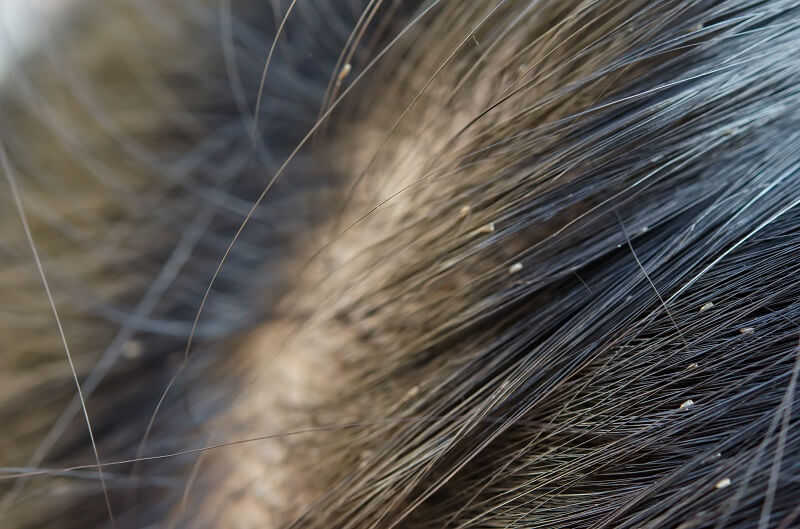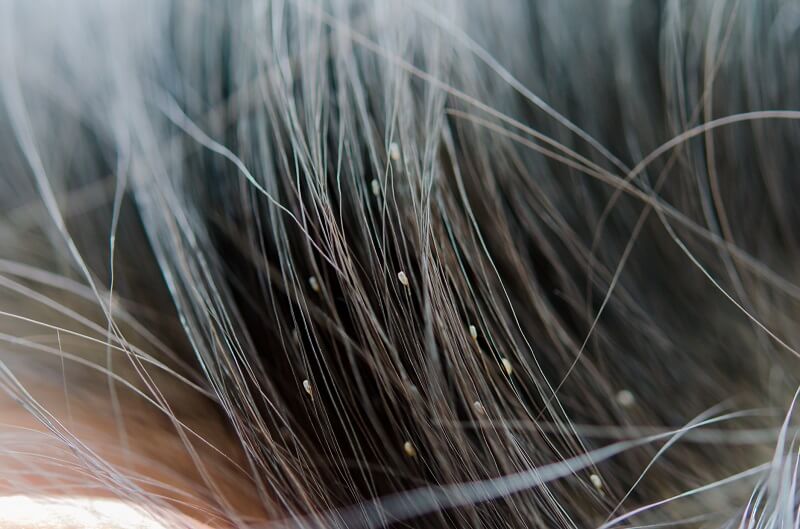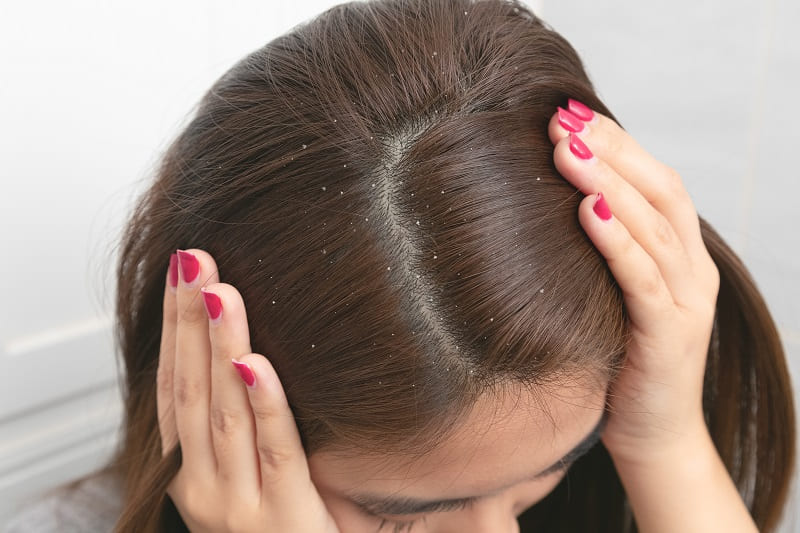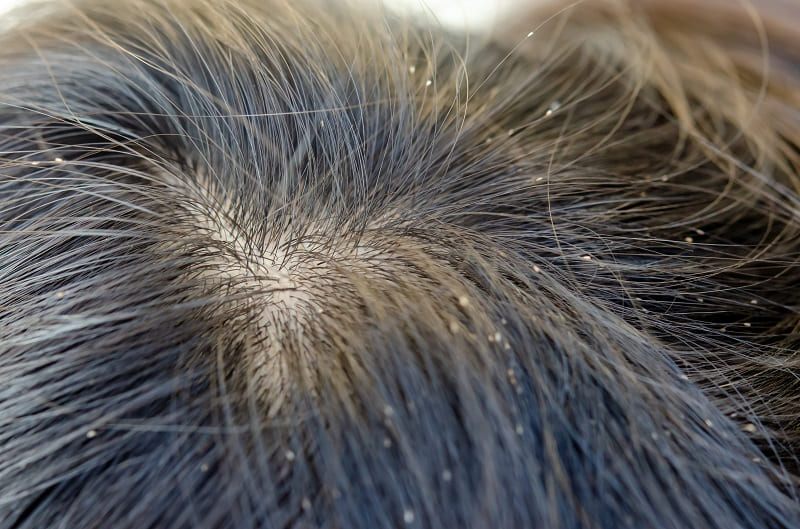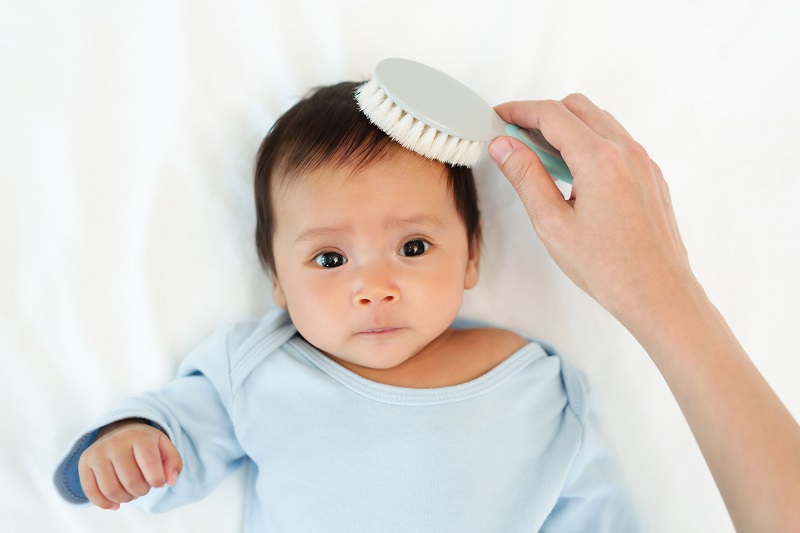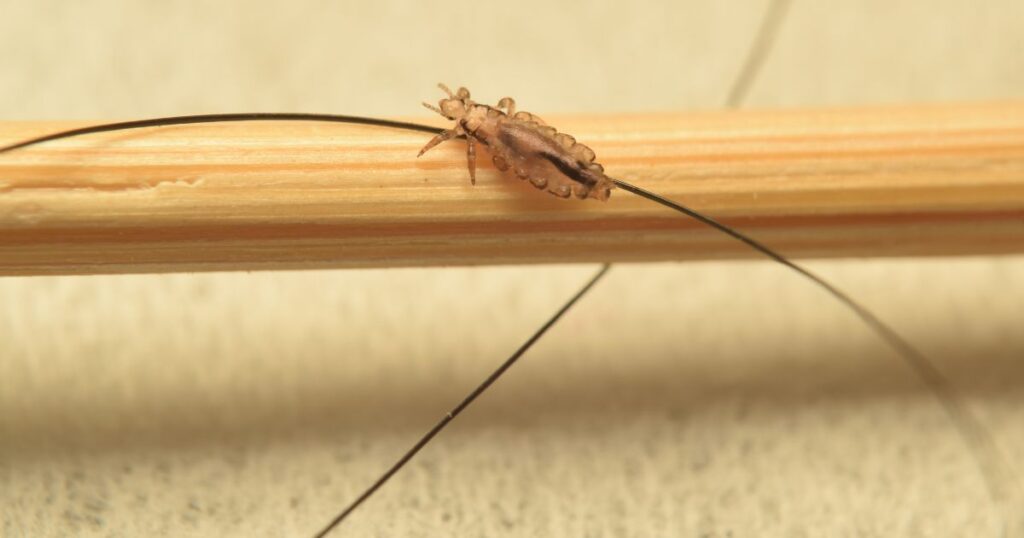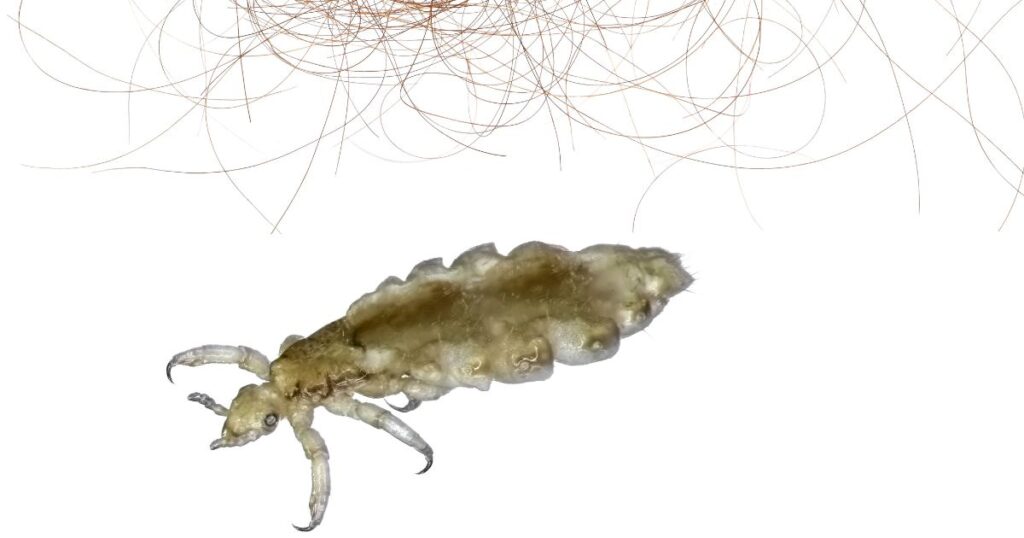Recurring Lice Infestations: Why Do Lice Keep Coming Back?
Few things are as frustrating as dealing with recurring lice. Just when you think you have cleared the infestation, the scratching starts again. Despite your best efforts to clean, comb, and apply treatment, the issue persists. In this blog, we explain the most common causes of repeat infestations and how to stop them with the…
Read MoreCan You Get Lice From Public Places? Gyms, Movie Theaters, and Playgrounds
If the thought of getting lice from a gym bench or theater seat makes your skin crawl, you are not alone. Public places seem like breeding grounds for bugs, and few parasites cause as much collective anxiety as head lice. The idea of public lice spreading silently through shared surfaces and tight spaces is enough…
Read MoreCan You Get Lice From Not Washing Your Hair?
A letter comes home from school: “Several students in your child’s classroom have lice.” Parents panic and immediately run down the list: Was it the hat? The sleepover? Did we not wash their hair enough? The idea that you can get lice from not washing your hair is one of the most persistent head lice…
Read MoreHow to Identify Lice in Hard-to-See Areas: Scalp, Nape, and Behind the Ears
Lice are small, fast, and sneaky. They tend to hide in areas that are hard to inspect, such as the scalp, the base of the neck, and just behind the ears. These warm, tucked-away spots provide the perfect environment for lice to thrive and multiply. That is why identifying lice in these specific areas is…
Read MoreLice in the Digital Age: Is Increased Screen Time a Risk Factor?
Technology has completely changed the way kids spend their time. These days, it’s all about YouTube, FaceTime, online games, and scrolling through social media. While digital devices keep them entertained, there’s a surprising downside many parents don’t think about: screen time and head lice. It turns out that the way kids use their screens could…
Read MoreDoes Head Lice Spread Through Pets? Myths vs. Facts
Do head lice and pets have any connection? If your child comes home with an itchy scalp and a lice diagnosis, it’s natural to start worrying about every possible source of infestation. Many pet owners immediately wonder if their dog or cat could carry lice or spread them to family members. At Lice Clinics Charlotte,…
Read MoreWhat to Do if My Newborn Baby Has Lice: Natural Lice Treatment for Babies
As a parent, discovering head lice on your newborn can feel overwhelming. Babies are so delicate that treating them requires extra caution and care. Thankfully, there are safe and natural ways to handle this common issue. Head lice are not a sign of poor hygiene, and even the cleanest babies can get them. They’re quite…
Read MoreCoconut Oil for Lice Treatment: Does Coconut Oil Kill Lice?
Head Lice Infestations affect 6 to 12 million children in the US every year, creating stress for parents who want a fast, safe solution. These tiny parasites spread through direct contact, making them common among kids in schools, daycare centers, and playgroups. While lice don’t carry diseases, their itchy bites and persistent presence make them…
Read MoreDo Head Lice Spread More in the Winter? Myths vs. Facts
Head lice are an all-too-common issue that affects millions of people, especially school-aged children. These tiny parasites thrive by living close to their human hosts and feeding on their blood. While most of us associate head lice with warmer months, the question arises: Do head lice in winter spread as much as they do during…
Read MoreCan Lice Survive Winter? Understanding Lice Behavior in Cold Weather
Winter often brings misconceptions about lice. Many believe that lice die in winter, reducing the risk of infestations. However, this is not entirely true. Lice, specifically head lice, are surprisingly resilient. Despite the dropping temperatures, they continue to thrive, thanks to their unique survival mechanisms. Understanding lice survival in winter is essential to managing and…
Read More
